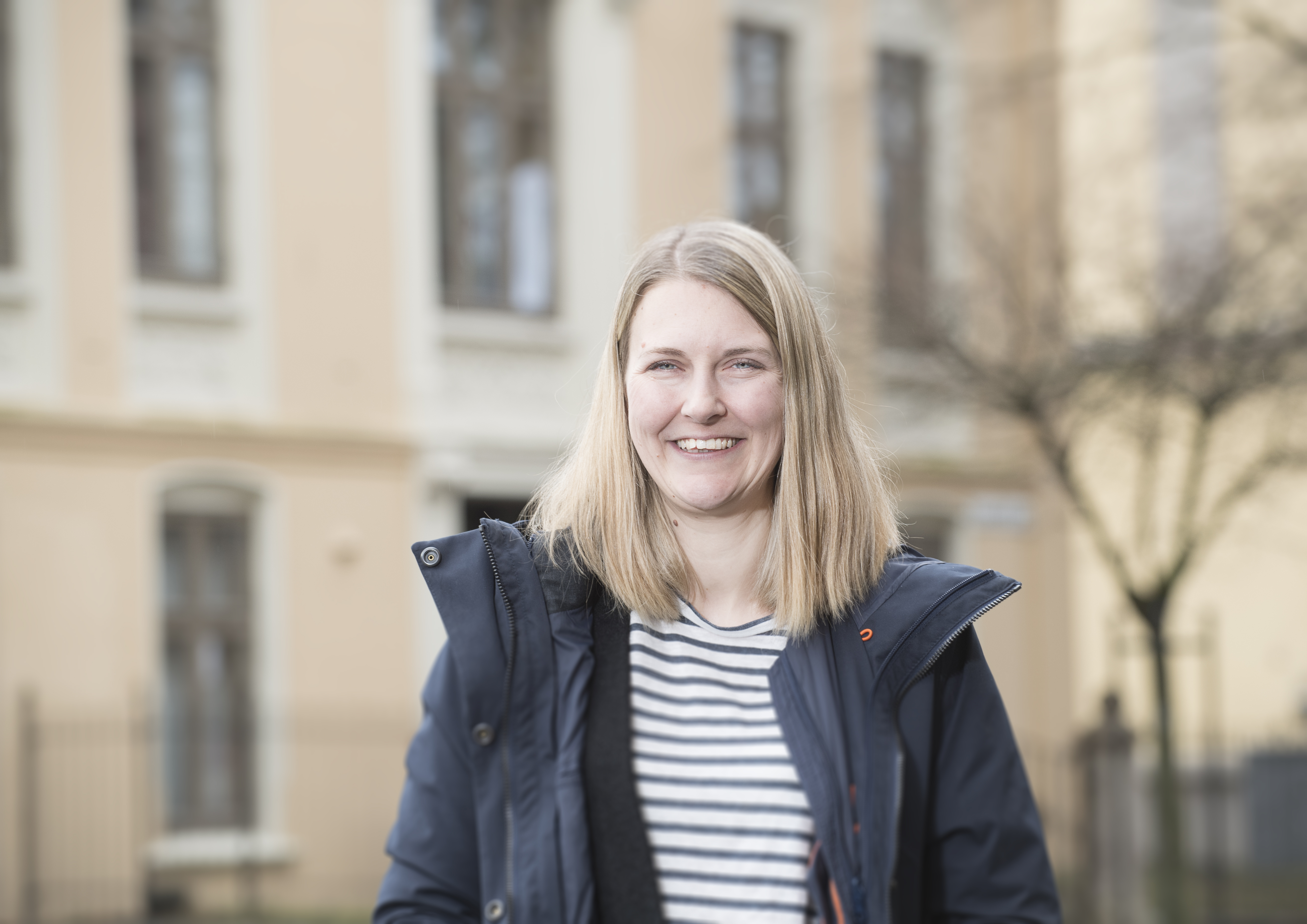Katrine Vellesen Løken: Four Years After Receiving the Nils Klim Prize.

In 2017, Norwegian Professor of Economics Katrine Vellesen Løken received the Nils Klim Prize for her research on the Nordic welfare states. In this interview, she talks about her current research interests, and more.
Even before Vellesen Løken won the Nils Klim Prize, she has been an active researcher, with frequent publishing and is currently deputy head of the Department of Economics at the Norwegian School of Economics. As the youngest Norwegian female professor of economics ever, Vellesen Løken has done a lot of research on topics related to the Nordic welfare model, especially in work, health, family, and most recently criminology. However, it was not a given that she would become a social economist when she finished upper secondary school.
Had no clear plan
In the interview, Vellesen Løken says that she did no plan on becoming an economist when she finished high school.
- After high school I was not sure what to do. I started at the University of Bergen and did different courses, both in mathematics and some sociology and some economics. I didn’t have a very clear plan after high school, but then I ended up liking economics very much because it is a great combination of both studying mathematics, which I liked a lot, but also interesting politics and social science questions. I liked that combination a lot, so that was the reason for continuing to do economics.
It was also not a given that she would end up with a career in academia. Vellesen Løken says that during her master's studies, she was in close contact with a professor who thought she should try to get a doctorate in economics, and convinced her of that.
- So I thought: “OK”. I didn’t really know what it was, but I will try. Why not? I got the opportunity to do that, and then during my PhD I really came to like economics and research. And decided that that was something I wanted to continue doing also after the PhD.
Crime and Analysis
After Vellesen Løken was awarded the Nils Klim Prize in 2017, she has spent a lot of time researching crime.
-About the same time as I won the Nils Klim Prize, I received a scholarship from the European Research Council. So this was related to the research I have done on welfare states, but it is more on criminals, inmates and prisons. I have been working on a lot on projects on the effects on inprisonment, on recidivism and employment, and networks in prison during, the last four years .
She says she has also had a research stay in San Diego.
- I have also had a sabbatical year, which is like a research stay for a year. I was at the U.C. San Diego in the United States. It was really nice. I went there for a year in 2019. Unfortunately we had to go back a little earlier than planned, due to COVID. It was sad, but we got at least nine really nice months there. We were lucky in that sense.
An Important Piece of a Big Puzzle
When asked what inspires her, Vellesen Løken says she is motivated by opportunities to disseminate her research, also to the public and to the policy makers, so that it may contriburte to policy change and reform.
-That will be the ultimate goal, in some sense. And then, of course, if you change policy, you have to look at much broader spectrum of research then just the output that I can give them. Because that will just be a small piece of a big puzzle. But I hope that that piece is important and may contribute to a better policy. So that is definitely a goal behind a lot of what I am doing.
It will just be a small piece of a big puzzle. But I hope that that piece is important and may contribute to a better policy. So that is definitely a goal behind a lot of what I am doing.
At the same time, Vellesøn Løkan has no illusion as to the difficulty of changing policy. Still, she believes it is important to try.
-I do not expect that I will be able to change US policy on prisons, for example. That’s just an example, but of course I hope that my work can be one piece of a bigger reform there. For example, we wrote this policy brief for the Aspen Institute, which is a big think tank in the US. At least, our work is one piece of a bigger picture. So I hope that our research may contribute to inspiring new ways to think about their system and how they may change it.
Listen to the entire interview below. In the conversation, Vellesen Løken also talks about what it was like to win the Nils Klim Prize, and about what it is like to combine life as a researcher with being a mother.